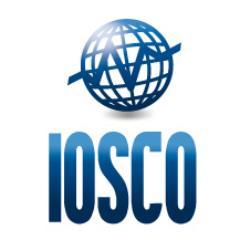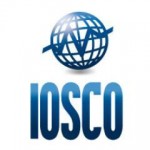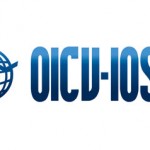IOSCO Consults on Principles regarding the Custody of CIS Assets

The International Organization of Securities Commissions (IOSCO) has published a consultation report on Principles regarding the Custody of Collective Investment Schemes’ Assets. The report is aimed at gathering the views of investment managers, custodians, institutional investors and other interested parties on the development of a set of principles for the custody of Collective Investment Schemes’ (CIS) Assets.
Custodians play a key role in the safekeeping of CIS assets as recognised in IOSCO Principle n°25[1] which states that “the regulatory system should provide for rules governing the legal form and structure of collective investment schemes and the segregation and protection of client assets”.
Since 1996, CIS have taken important steps to diversify and internationalise their portfolios. Growing foreign investments have increased the need for CIS to appoint sub-custodians in foreign jurisdictions.
Taking into account these recent market developments, the consultation paper explores the key risks associated with the custody function.
While acknowledging that the regulatory regimes for the safekeeping of CIS assets are diverse, and the responsibilities and regulatory status of the entities that provide safekeeping services are also varied, the report published today proposes nine principles divided into two sections aimed at identifying the core issues that should be kept under review by the regulatory framework.
Principle 1: The regulatory regime should make appropriate provisions for the custodial arrangements of the CIS.
Principle 2: CIS assets should be segregated from:
• the assets of the responsible entity, its related entities and other schemes;
• the assets of the custodian / sub-custodian throughout the custody chain; and
• the assets of other clients of the custodian throughout the custody chain (unless CIS assets are held in a permissible omnibus account).
Principle 3: CIS assets should be entrusted to a third party custodian. In limited circumstances where the regulatory regime permits self-custody of CIS assets, additional safeguards should be put in place to ensure proper segregation and protection of CIS assets.
Principle 4: The custodian should be functionally independent from the responsible entity.
Principle 5: The responsible entity should seek to ensure that the custody arrangements in place are disclosed appropriately to investors in the CIS offering documents or otherwise made transparent to investors.
Principle 6: The responsible entity should use appropriate care, skill and diligence when appointing a custodian to safe keep CIS assets.
Principle 7: The responsible entity should, at a minimum, consider a custodian’s legal / regulatory status, financial resources and organisational capabilities during the due diligence process.
Principle 8: The responsible entity should formally document its relationship with the custodian and the agreement should seek to include provisions about the scope of the custodian’s responsibility and liability.
Principle 9: Custody arrangements should be monitored on an ongoing basis for compliance with the terms of the custody agreement.
IOSCO welcomes the comments on this consultation report in order to be able to better inform the formulation of a final report with adopted principles.
Comments should be submitted on or before Wednesday 10 December 2014.
Source: IOSCO- IOSCO Consults on Principles regarding the Custody of CIS Assets


























